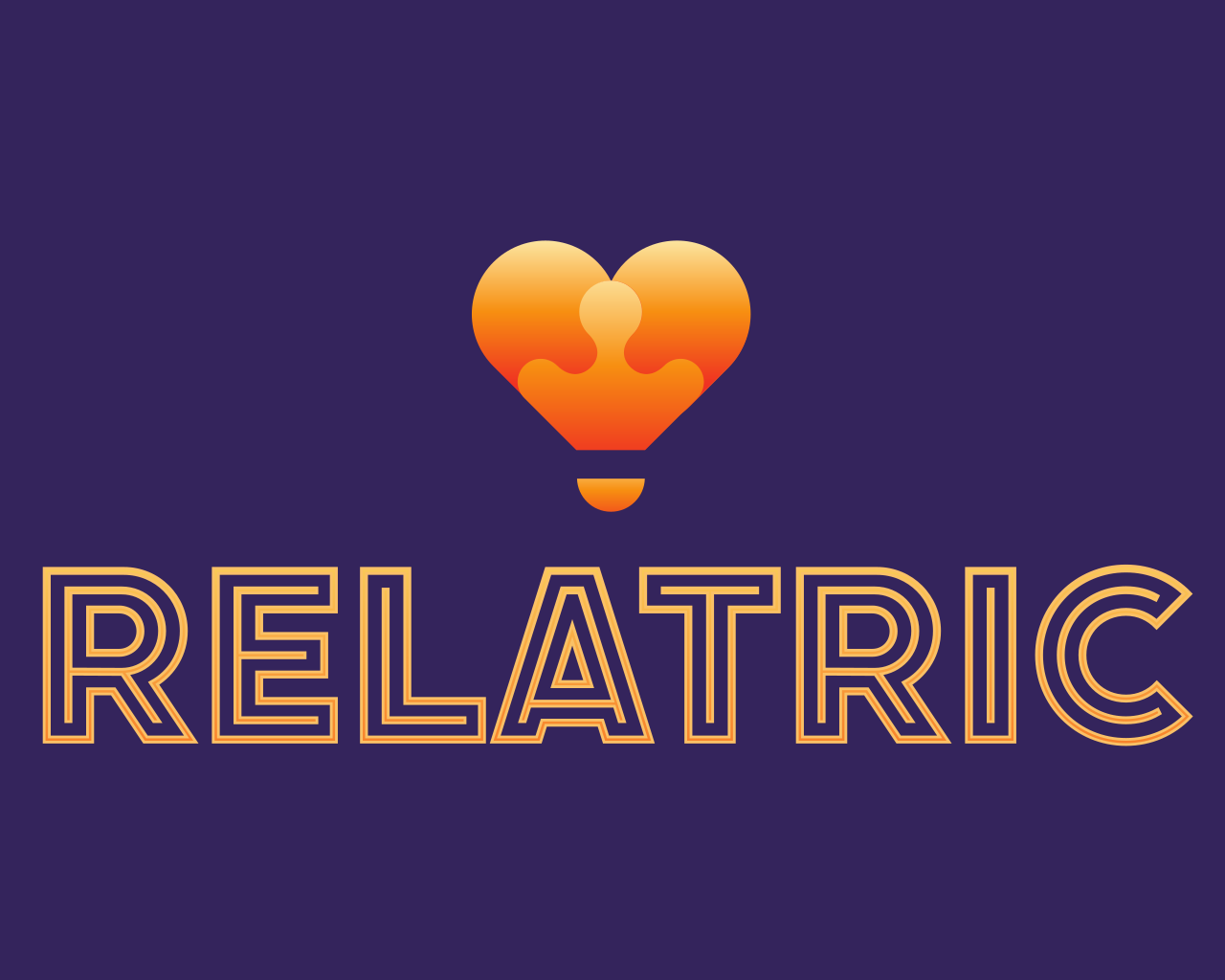Post 1: Introduction to Relatric
Hello! This post briefly introduces Relatric, a new company dedicated to helping build and support socially connected communities that strengthen our health, economy, and social fabric. The post summarizes the nature of the loneliness epidemic, describes the movement we are joining, and outlines how we intend to contribute to that movement.
Why We’re Here: An Epidemic of Loneliness
America faces an “epidemic of loneliness,” as the U.S. Surgeon General Dr. Vivek Murthy announced in 2023. Loneliness is the distressful feeling that arises “when the quality or quantity of our relationships don’t meet our expectations.” Dr. Jeremy Nobel describes loneliness as “a natural biological signal, like hunger or thirst,” that tells us we need to connect with other people. (Loneliness differs from solitude, which is the state of being alone by choice and can be good for us.)
About half of Americans reported experiencing loneliness even before the COVID-19 pandemic, with some of the highest rates among young adults. That means loneliness is more widespread than other major health issues such as smoking, diabetes, and obesity.
Loneliness has serious consequences for our mental and physical health, economic prosperity, and even our social fabric. It’s among the leading preventable risk factors for depression, addiction, and suicide. Its impact on our bodies is equivalent to smoking 15 cigarettes per day. It also increases healthcare costs and reduces worker productivity.
Much has been written about the causes of this crisis. Loneliness increased over the past few decades due to demographic trends, changes in work patterns and geographic mobility, declining community involvement, shrinking social networks, and other factors. Then accelerants in the forms of smartphones, social media, and COVID-19 led to a full scale loneliness epidemic.
What We’re Doing: Joining a Movement
Surgeon General Dr. Vivek Murthy issued a major advisory last year, similar to reports issued by his predecessors to raise awareness about smoking (1964) and HIV/AIDS (1986). Dr. Murthy has urged us to cultivate a “culture of connection” and to build a “movement to mend the social fabric of our nation.”
Although the situation is serious, we also have an enormous opportunity. Good relationships are the #1 predictor of long term health and happiness. Put differently, “social connection” – the structure, function, and quality of our relationships – can prevent and reduce loneliness. Across the country, scientists and clinicians, government officials and nonprofit leaders, and entrepreneurs of all kinds are stepping up to help.
Relatric is thrilled to join this movement. We see healthy relationships as fuel for people, just like electricity is for devices. Our name speaks to the power of social connection and healthy relationships, as well as the power of being able to share (or “relate”) one’s story--and listen to each other deeply and sincerely.
How We’re Thinking: A “Vaccine” for Loneliness
People sometimes raise their eyebrows when we describe our work as developing a non-clinical “vaccine” for loneliness. Here’s what we mean by this analogy.
Relatric is designing a suite of products and services that aim to reduce the negative impact of loneliness–at a population level–much like a vaccine would, in several ways:
Lower Incidence - Beneficiaries are less likely to experience loneliness when exposed to settings, interactions, and activities (or the lack thereof) that used to make them feel lonely.
Less Severe Symptoms - Feelings of loneliness are shallower and shorter–less chronic–for beneficiaries than previously.
Sustained Immunity - There are easy and specific ways to “boost” or maintain resistance to loneliness on a semi-regular basis.
To expand on this analogy, note that there are times when it is inappropriate to give someone a vaccine. If someone comes into a hospital with a severe case of COVID such that they are struggling to breathe, a doctor would put them on a respirator. Our service will not be a substitute for the clinical care needed when individuals are in acute emotional distress or have a specific mental health diagnosis. If appropriate and possible, we will direct people to those types of resources.
Loneliness isn’t an illness to be cured; rather, it leads to a variety of mental and physical health conditions. . . By working upstream, like a vaccination effort, we can help reduce those downstream consequences. That’s Relatric’s goal.
In the coming weeks, we’ll share more about the questions we are asking and the solutions we are designing. If you have thoughts, we’d love to connect with you!
